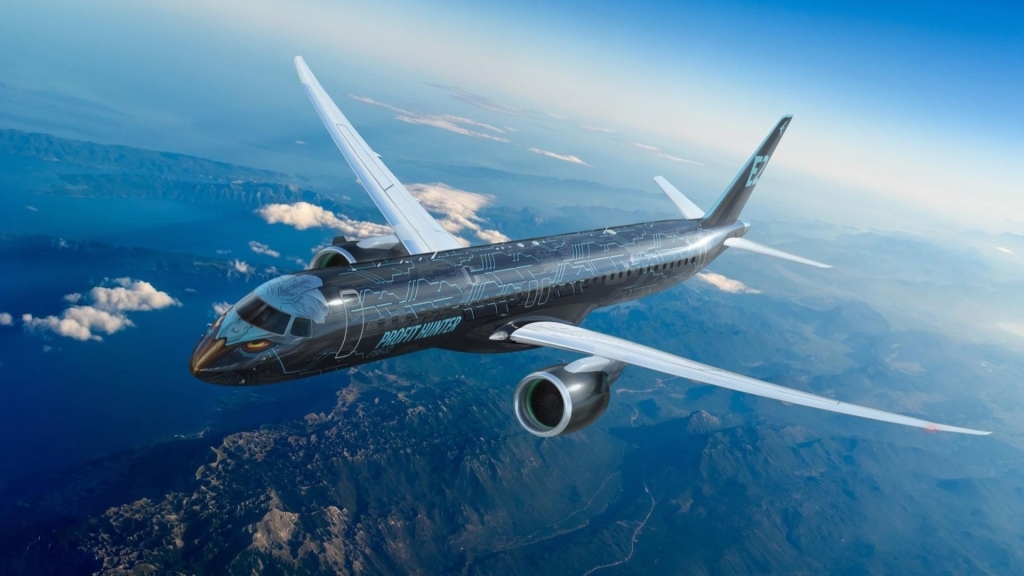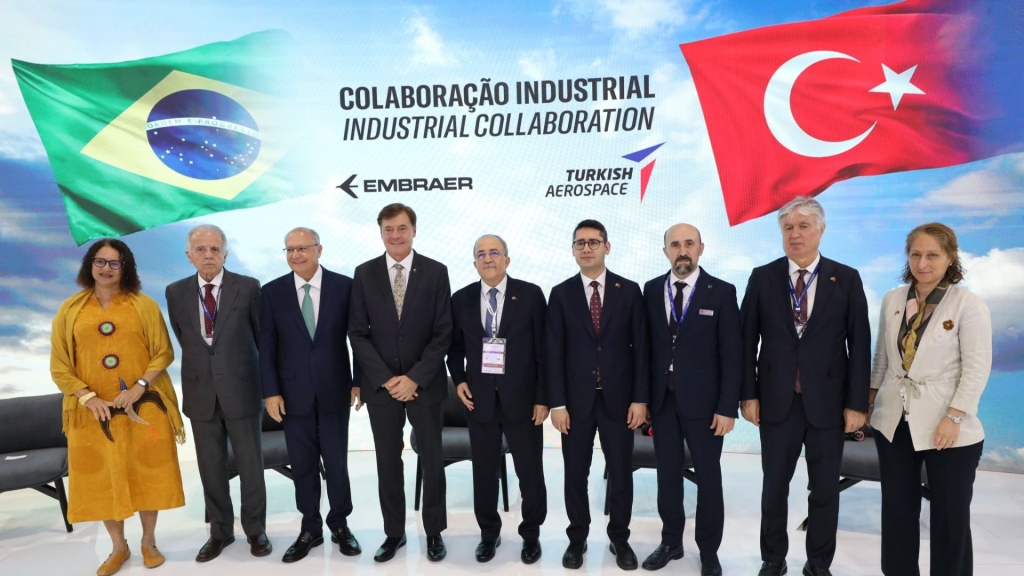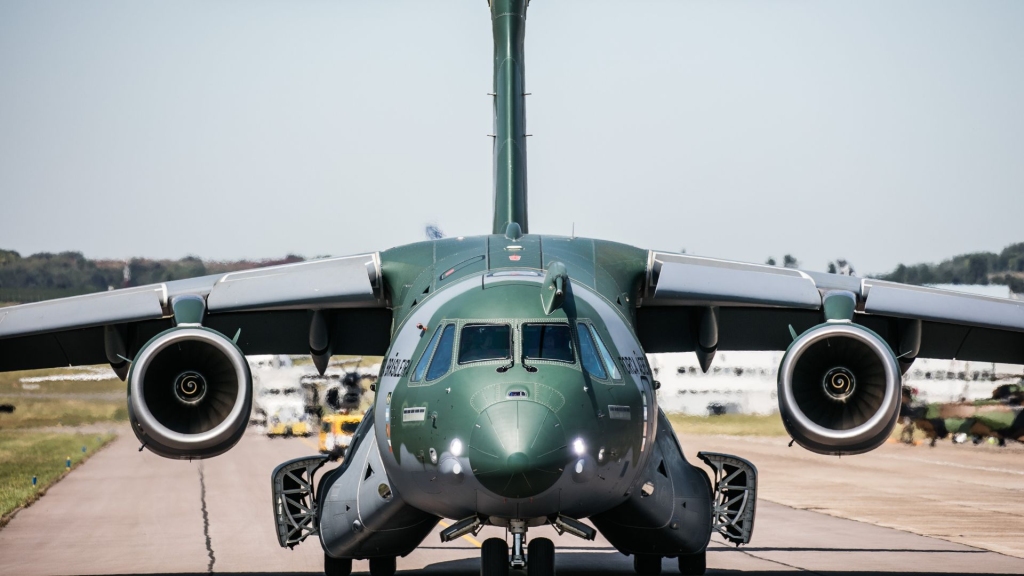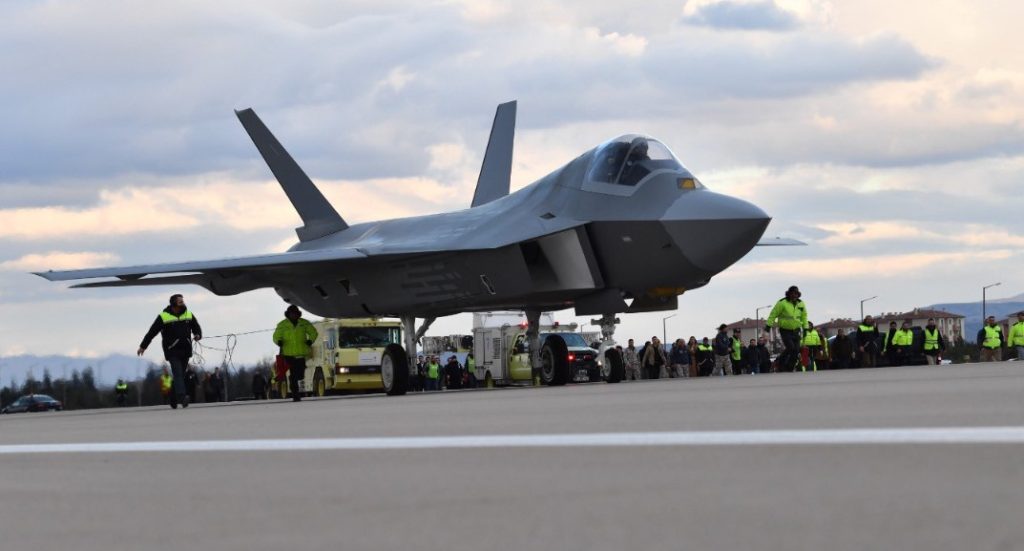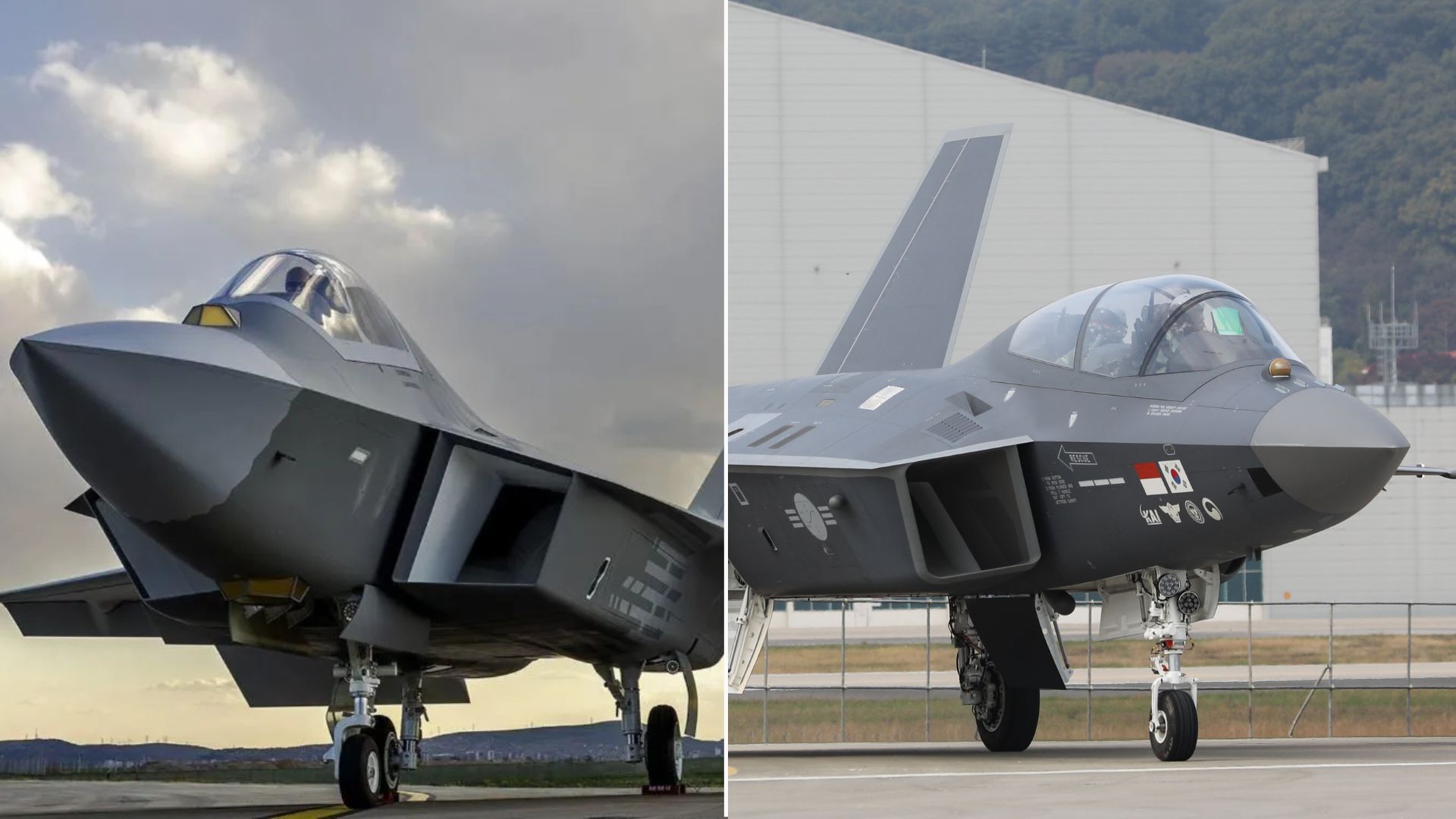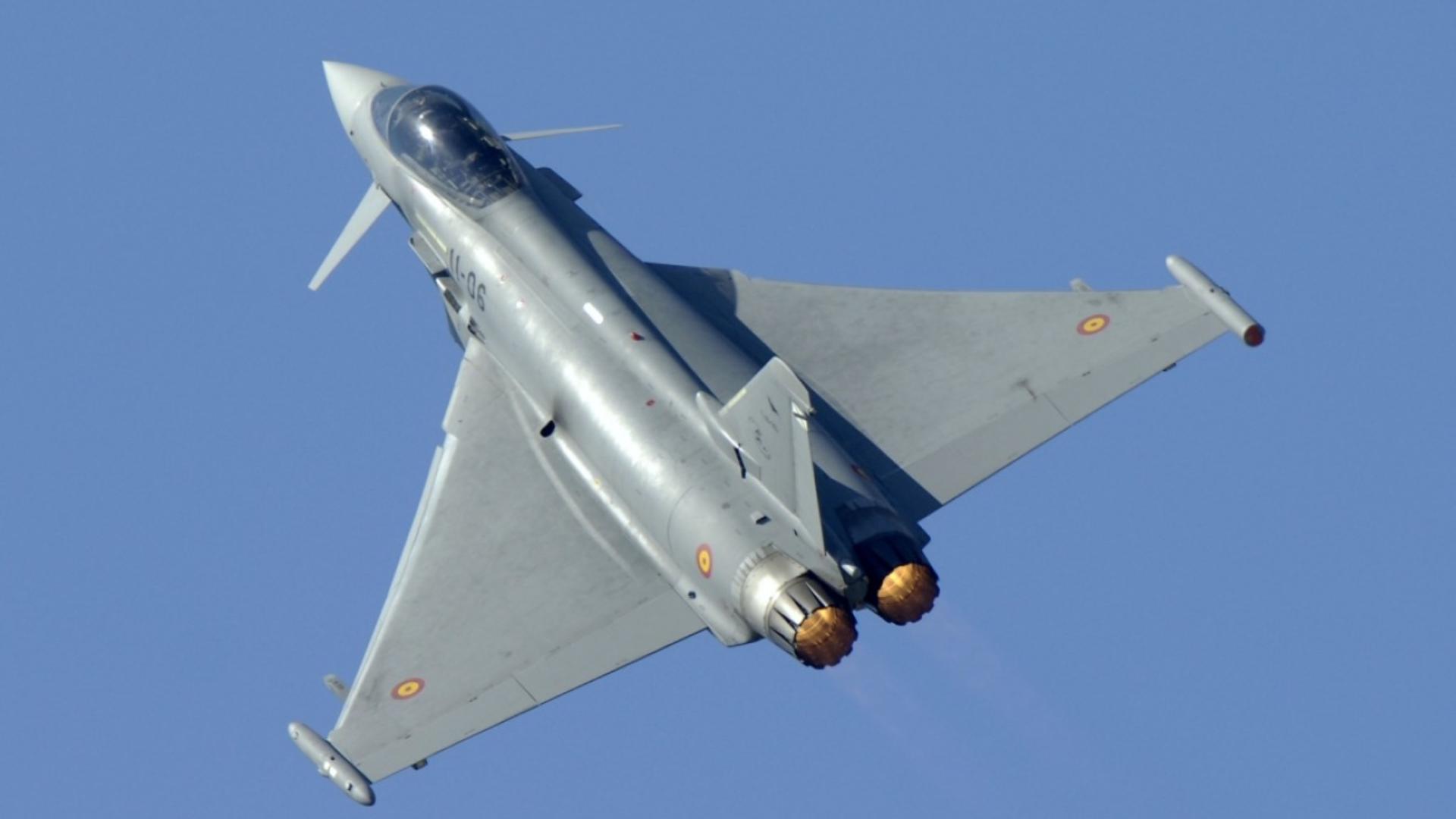Turkish Aerospace (TUSAŞ) and Brazilian aviation giant Embraer have formalized their intent to explore industrial cooperation through a Memorandum of Understanding (MoU) signed on April 1, 2025, at the LAAD Defence & Security exhibition in Rio de Janeiro.
The agreement, which comes as Embraer seeks to expand its global supplier network to meet growing product demand, specifically targets potential collaboration on E2 aircraft production opportunities in Türkiye.
The MoU outlines a collaborative exploration phase between the two aerospace manufacturers, focusing on Turkish Aerospace’s strategic capabilities in several critical areas.
The agreement encompasses the manufacturing and assembly of metallic and composite structures, leveraging Turkish Aerospace’s expertise in advanced materials processing and fabrication techniques.
Additionally, the collaboration extends to the final assembly of fuselages and components, allowing for integration of complex aircraft sections under Turkish technical supervision.
The partnership also covers test and production flights, enabling comprehensive verification of aircraft performance and operational parameters before delivery.
Finally, the MoU includes painting operations, completing the manufacturing cycle with Turkish Aerospace’s specialized finishing capabilities.
These four complementary areas of cooperation create a comprehensive framework for potential industrial synergy between the companies.
Turkish Aerospace CEO Mehmet Demiroğlu emphasized the significance of this development, stating: “This memorandum marks a significant milestone for the Turkish defense and aerospace industry. Through our collaboration with Embraer, we aim to further enhance our technological capabilities and shape the future of aviation.”
The agreement also envisions potential comprehensive industrial partnership involving research and development activities, though specific projects remain undefined at this early stage.
The signing ceremony featured prominent attendance from both Brazilian and Turkish government officials, underscoring the potential diplomatic and industrial importance of the collaboration.
The signing ceremony was attended by several high-ranking officials, including Mr. Geraldo Alckmin, who serves as Brazil’s Vice-President and Minister of Development, Industry, Trade and Services.
Also present was Mr. Muhammet Kasım Gonullu, the Turkish Deputy Ministry of Industry and Technology, representing Turkey’s governmental interests in the agreement. Completing the distinguished attendance was Mr. Şuay Alpay, who participated in his capacity as Turkish Aerospace’s Vice Chairman of Board of Directors.
The MoU was formally signed by Mustafa Gursoy, Executive VP of Turkish Aerospace, and Francisco Gomes Neto, President and CEO of Embraer.
Notes and Comments
For Embraer, this potential partnership represents an opportunity to optimize its global manufacturing footprint. “Embraer is excited about these significant opportunities with Turkish Aerospace,” noted Francisco Gomes Neto. “Their expertise in aerospace manufacturing and assembly aligns perfectly with our strategic goals. This MoU marks a significant step towards exploring innovative solutions and expanding our global footprint.”
While financial details, production quantities, and specific timelines were not disclosed in the announcement, the agreement potentially positions Turkish Aerospace to participate in the production chain of Embraer’s E2 family of commercial aircraft.
This development comes as Embraer continues to expand its global presence, having recently secured Sweden’s commitment to acquire four C-390 Millennium multi-mission aircraft, announced at the same LAAD Defence & Security exhibition.
The C-390 has now been acquired by eight countries including Brazil, Portugal, Hungary, South Korea, the Netherlands, Austria, the Czech Republic, and an undisclosed customer, with Slovakia also officially selecting the platform.
The Turkish-Brazilian aerospace collaboration represents a significant opportunity for technology transfer and industrial development in Türkiye’s growing aerospace sector, while potentially providing Embraer with manufacturing efficiencies and market access advantages in a strategically important region.
Turkey’s ambitions in commercial aircraft manufacturing stretch back decades, with several notable attempts to establish a domestic airliner production capability. In the early 1990s, Turkish Aerospace Industries explored a significant partnership with German aircraft manufacturer Dornier to co-produce regional airliners.
The Dornier venture ultimately failed to materialize due to a combination of financial constraints, technological readiness challenges, and shifting political priorities.
By leveraging Turkish Aerospace’s established capabilities in “manufacturing and assembling metallic and composite structures, final assembly of fuselages, components, test and production flights, and painting,” the company could position itself as a key production partner for Embraer’s E2 family of commercial jets.
This would provide Turkish Aerospace with valuable experience in commercial aircraft manufacturing while supporting Embraer’s need to expand production capacity to meet growing global demand.
The timing appears strategic, as Embraer has recently secured significant commercial orders, including 15 E190-E2 aircraft from All Nippon Airways with options for 5 more, with deliveries beginning in 2028.
Turkish Aerospace’s potential involvement in E2 production could help Embraer meet these delivery commitments while transferring valuable commercial aviation expertise to the Turkish aerospace sector.
When viewed alongside Turkish Aerospace’s existing portfolio of military aircraft, unmanned systems, helicopters, and space technologies, this commercial aviation initiative would represent a significant step toward establishing a comprehensive aerospace manufacturing capability.
The company already produces the HÜRKUŞ trainer aircraft and is developing the TF-X national fighter jet, while also manufacturing various helicopter models and satellite systems. Adding commercial aircraft production would position Turkish Aerospace as one of the few aerospace companies globally with capabilities spanning military, civil, and space domains.
This comprehensive approach mirrors the strategy of major aerospace integrators like Boeing and Airbus, potentially elevating Turkey’s position in the global aerospace supply chain while reducing its dependence on foreign aircraft manufacturers for its domestic airline industry.
The Embraer partnership, if it advances beyond the exploratory MoU stage, could finally fulfill Turkey’s long-held ambition to join the exclusive club of nations with end-to-end commercial aircraft manufacturing capabilities.

